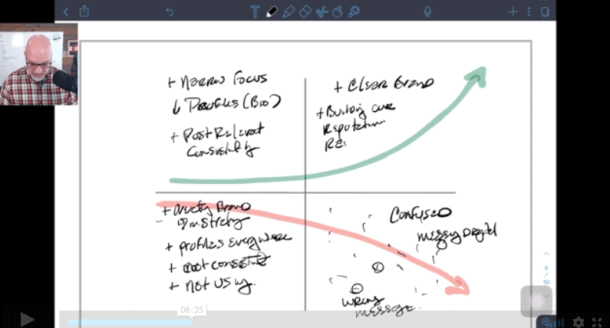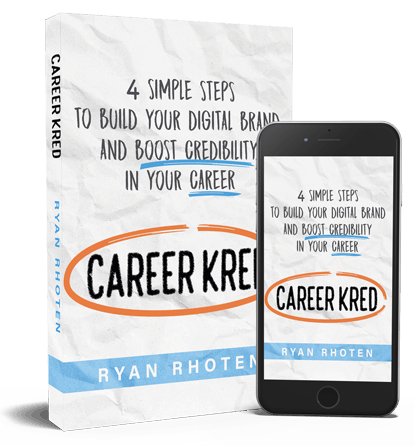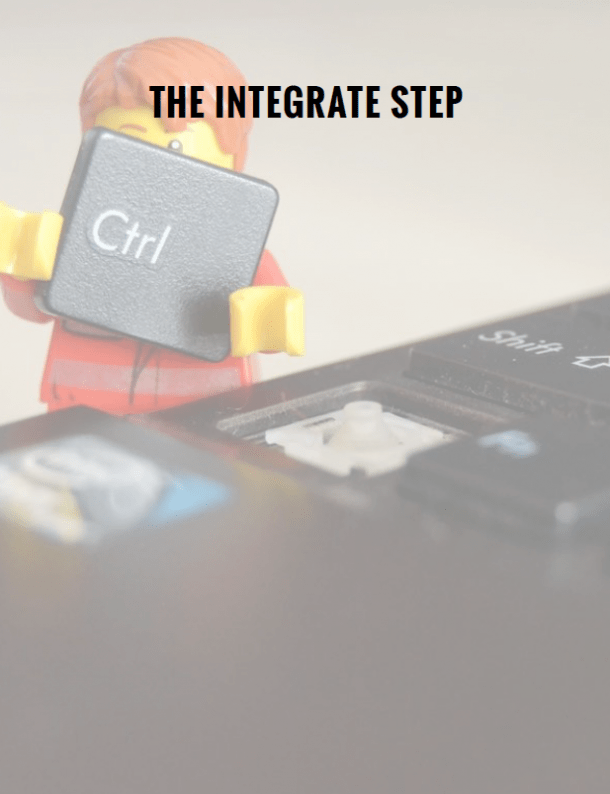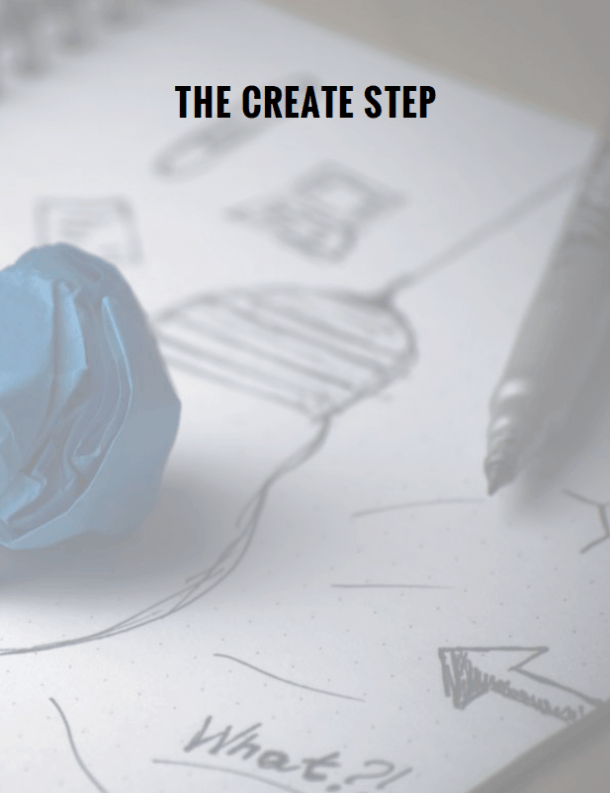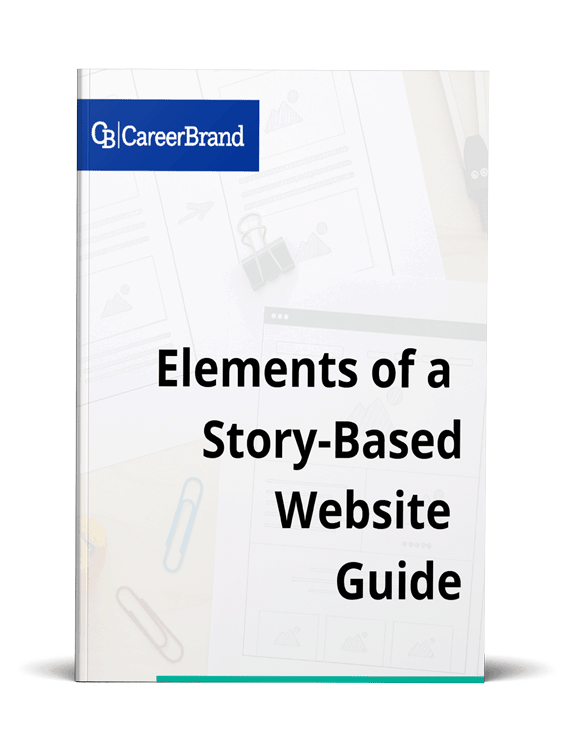
You hear it a lot when starting out, “Who is your audience?’ or “You need to write for your audience.”
Everywhere you look someone has a tutorial, blog post or video promising to help you define your audience, develop your customer personas, speak your customer’s language, etc.
I agree, you do need to understand who your audience is but taking a course to help you find your audience as you start your blogging journey, isn’t going to help you.
You need to reach a certain level of competence with yourself and your craft before courses like these will be of use.
Until then, these courses will only serve to confuse and frustrate you, which will cause you to delay or stop before you even get started.
Don’t let this be you.
Yes, you do need to have some idea of who you believe your ideal reader to be when you get started. However, what is more, important and fundamental to your success than understanding your ideal reader is the topic or subject matter you want to blog about.
You need to be “passionate” about your topic or area of expertise. You need to have a good baseline understanding of the topic.
This will make it easier for your ideas to flow from your head to your fingertips to the keyboard to the screen just to the left of the blinking cursor.
Being passionate about your area of expertise will keep you going as you move along the path to owning your brand because the simple truth is, in the beginning, you will have no audience.
There will be no one to ask what to write about or what problem you can help them solve.
Instead of having someone to lean on for topics or ask about their pain points, there will only be you, your ideas and your computer.
That’s why it’s so important when starting out, not to write for an audience but to write for yourself instead.
BLOGGING WITH NO AUDIENCE – WRITE FOR YOURSELF
I truly believe blogging is the single best way to find your audience, grow your authority and ultimately impact your career.
So before you ask, yes, if are really going to find your audience, you will have to write. It’s just that simple. There is no way around it.
I’ve been blogging now for over three years, with this year (2015) being my most prolific. Even well into this year, my writing has been for myself.
When I got started, the question I tried to answer with each post was, “what do I want to learn about?”
Whatever it turned out to be is what I researched, formed an opinion about and ultimately published for the world to see. I didn’t ask permission or take in reader suggestions as there were none.
Instead, I just wrote.
At first I wrote about my experience with personal branding, what it is, why it’s important. The more I learned, the more I realized if we own our brands, we can become the CEO of ME, Inc.
This thought process led me to online reputation management which led me to how you can use both to impact your career.
As I continued to write, I continued to learn and as I was learning, I noticed my viewpoint beginning to change and evolve. I don’t think this evolution would have happened had I started out writing for a particular audience or persona.
It happened because I started and I embraced my anonymity.

EMBRACE ANONYMITY
Unless you are a famous celebrity or bring some type of notoriety to your blog, as I noted before, when you first start blogging no one will read your posts.
No one aside from your family members that is. Thanks, Mom.
This is not bad a thing.
Rather than mulling over who should be reading your blog, get started and use this as the time when no one is watching to vet out your topic and to hone your writing skills.
Dig deep into your area of expertise, discover the top influencers and those people just ahead of you on the fringe.
Use this time to produce content for your blog that demonstrates your expertise and knowledge and put it all out there for the world to find.
Don’t hold anything back. Publish your best most compelling thoughts and ideas.
As you gain deeper insights into your area of expertise, eventually you will capture the attention of others and you will begin to “find” your audience.
Or more appropriately they will begin to find you.
BUILD YOUR AUDIENCE
Blogging takes a level of commitment I cannot adequately describe to those who have not tried it.
Because it requires a level of commitment, it can take a long time to get to the point where others start to take notice or you begin to show up in Google results.
This why people are hesitant to start or they give up after only a few months of “trying”.
[Tweet “Blogging is a long-term game that should not be played for short-term gains.”]
Blogging by itself used to be enough to build an audience. That is no longer the case. Today, when your readers start to take notice, you need to be ready to interact with them. Learn from them.
Ask them for their thoughts and insights on your topic, your area of expertise. Understanding their thoughts and opinions will help your own thoughts and opinions evolve.
If you would have asked me who my audience was when I started this blog, I would have told you, everyone. I mean, who doesn’t need to understand about personal branding in today’s work environment?
But as I began to garner attention and started to ask questions, my answer evolved to Gen X, mid-career business professionals who need to understand the importance of personal branding on their careers.
Notice my targeted audience has shrunk dramatically and now it’s about to shrink again. After several conversations with podcast listeners, I’m going to shift again as I now realize that my audience already gets the importance of personal branding. I don't need to “convince or educate” this audience about why they need to develop their personal brand.
Instead, these folks are are already there and are looking for guidance with the next step. These folks want to know how to own their brand.
I don’t think I would have ever reached this point, if I had purchased a course on “How to build the perfect customer persona in 30 days” as soon as I got started blogging.
In fact, I’m pretty sure I would have quit.
So instead of buying a course, invest your money in a website.
Start blogging, embrace your anonymity, strengthen your knowledge and expertise so you can begin to own your brand.
